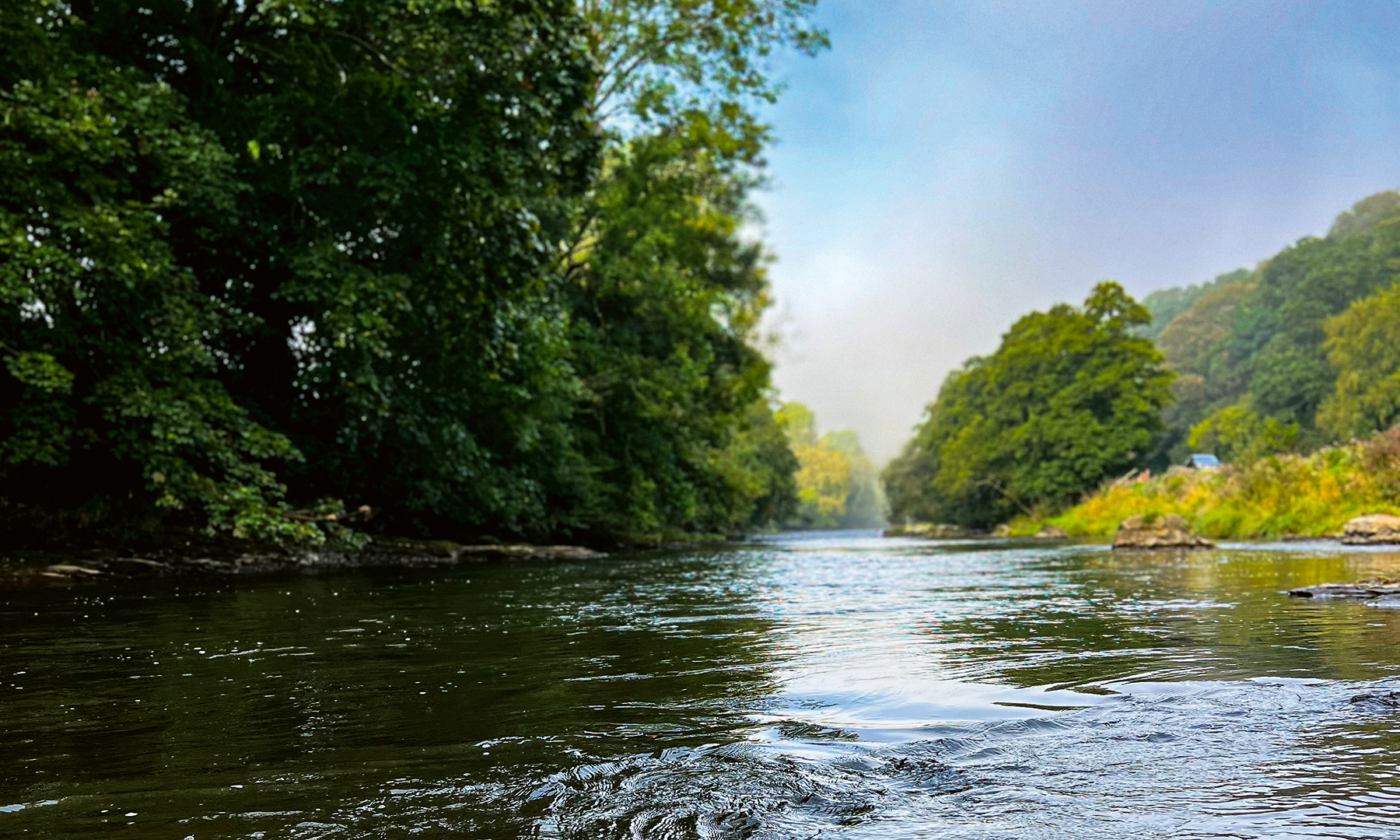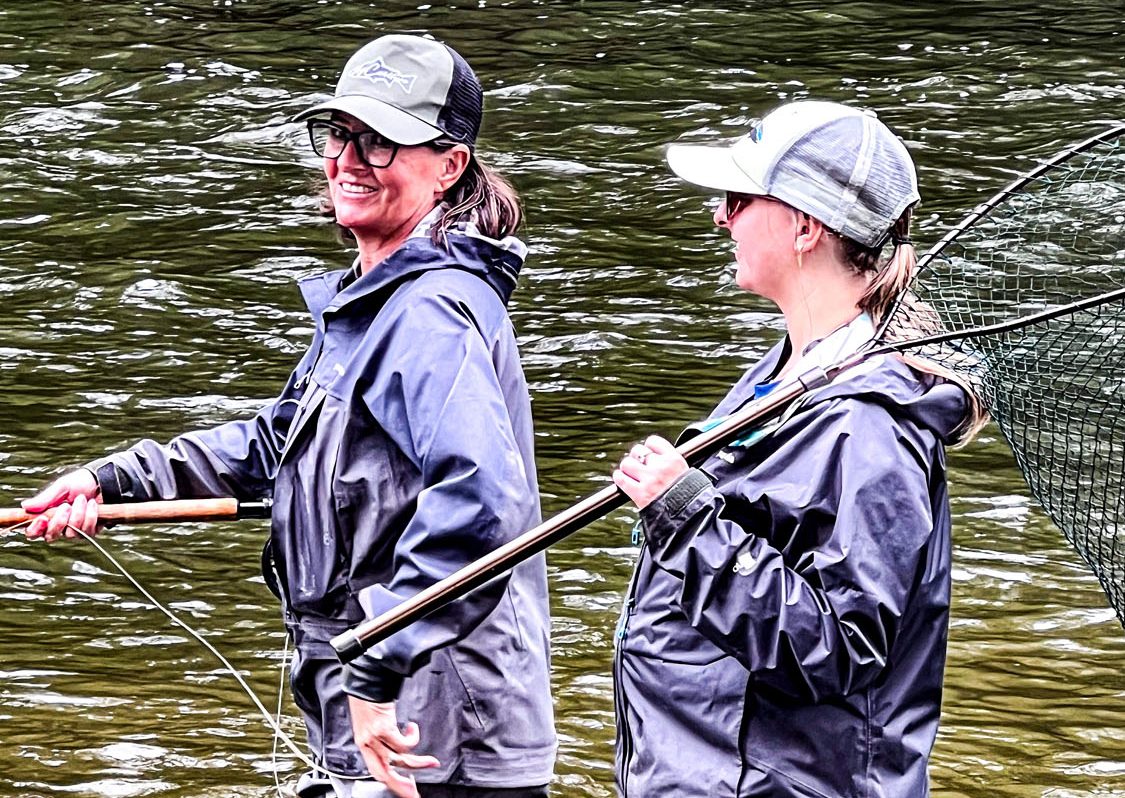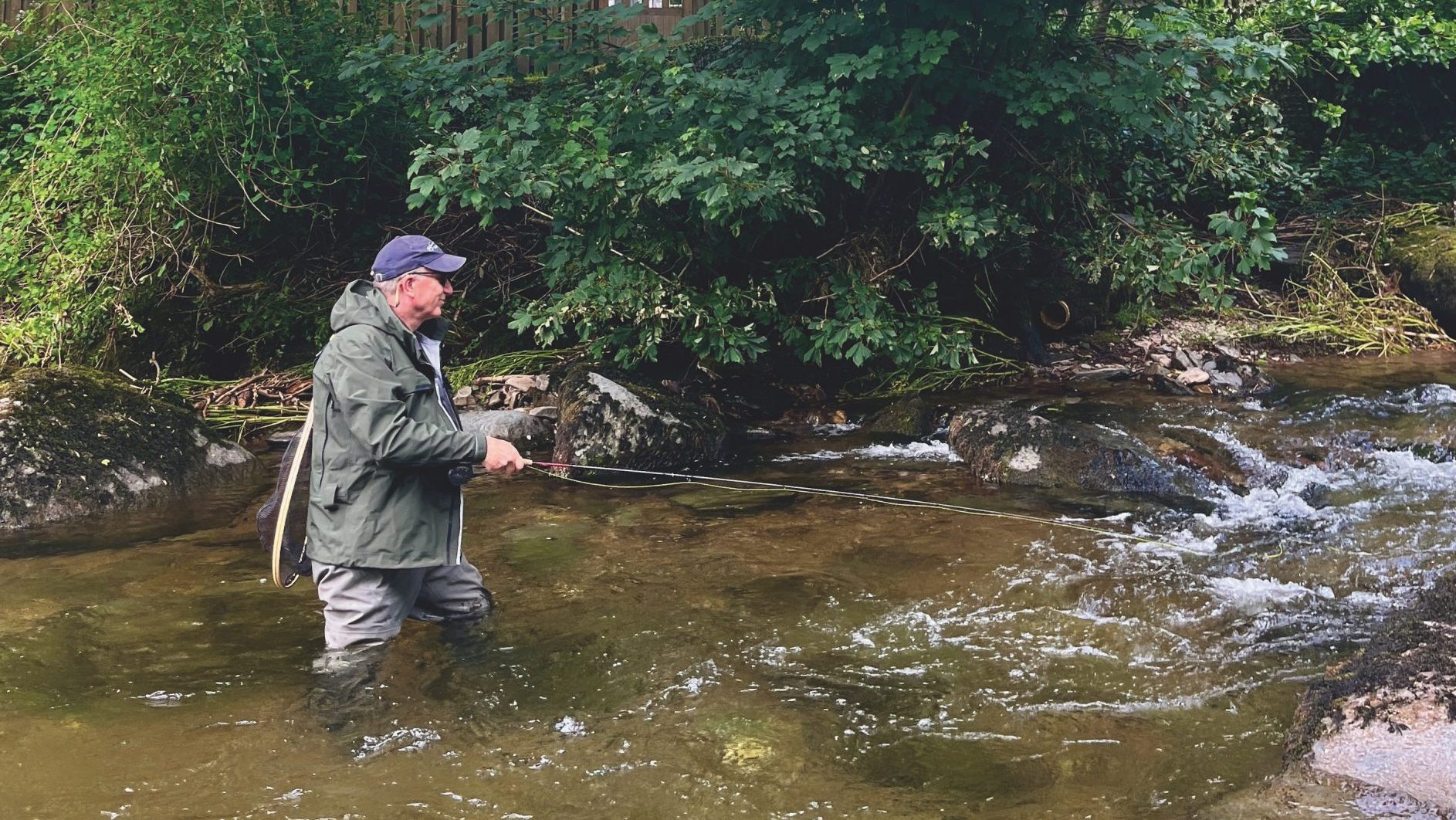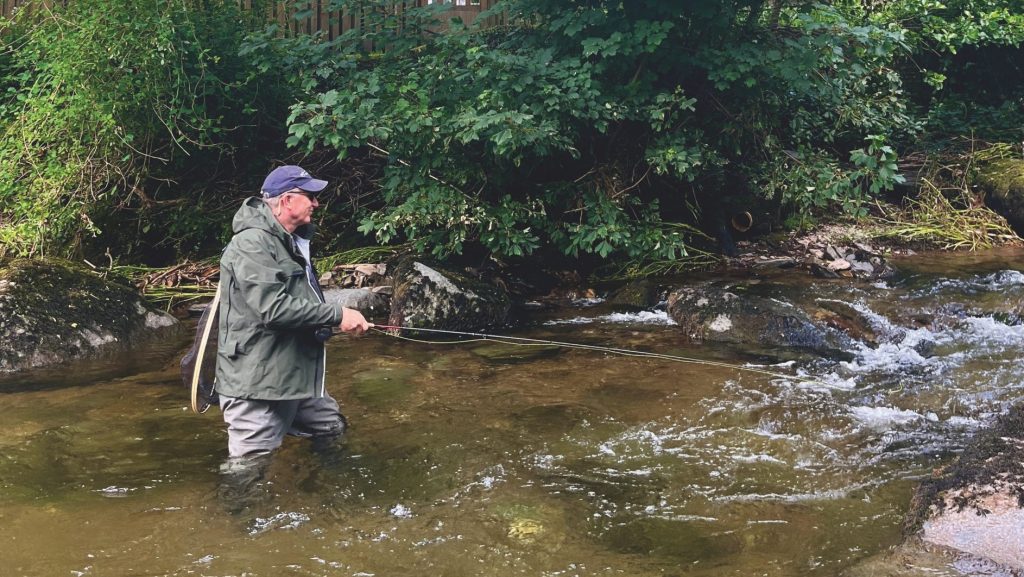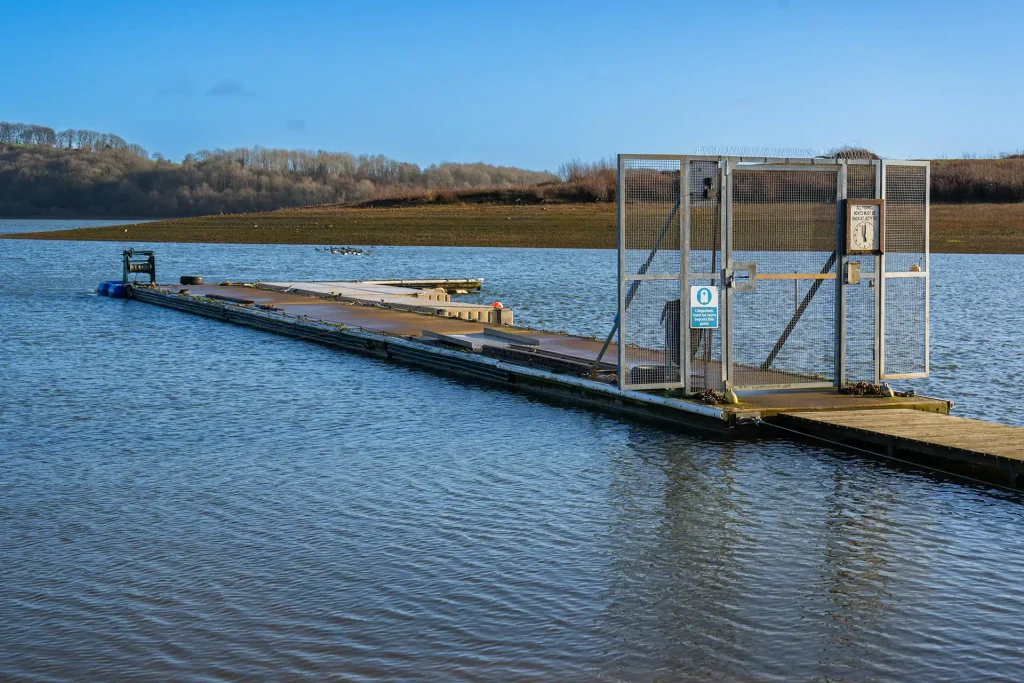The time to call a halt
From our archive: an impassioned editorial from 1960 that might have been written about the threats anglers face today

Critics of editor Ian Wood’s strongly worded introduction to the January 1960 edition of Trout & Salmon might today accuse him of being unduly alarmist or Malthusian, and yet many of the threats and problems he colourfully describes remain at the forefront of our minds
NOW there comes another year, 1960, twelve more months. For optimism? For doubt? This is traditionally a time for taking stock for the making of resolves – how may the angler face this next year of future, ten years into the second half of the twentieth century? How may he, thus brought to thought, anticipate the further future?
On the evidence before him at this moment he cannot but do so glumly. He has the misfortune, fascinating as it may be, of living at the most crucial point in Man’s history. It is now, this very time, that the whole further destiny of Man is precariously, terribly dangerously, teetering into what it is to be.
In this perilous transition the angler finds himself a symbolic figure, a significant figure. He is a symbol of all those gentler aspirations of Man, that, once accepted as essential, are now almost discredited by the spuriously important demands of a huge and idiotic materialism.
We are constantly told, though we need no reminding, that Man must decide now if he is to continue or exterminate himself with the hydrogen bomb. That is indeed an appalling danger, but so appalling, so obvious is it that it is hardly conceivable that the reluctant nations will not resolve their differences sufficiently to avoid it.
Almost certainly we will survive beyond the danger of the bomb, but we must be improvidently thoughtless indeed not to perceive into what sort of a world we may then continue. We may then — at the moment seem certain to — fall final victims to the deadly wasting that must come from our uncontrolled multiplication.
Our earth has shrunk latterly, so vastly more densely have we populated it, and we are told that we will double ourselves by the end of the century. And this gargantuan insect – teeming mass of people, crammed on one inadequate planet, must be fed and it must have water.
No wonder towns and industry proliferate with such awful rapidity. The race to house, to supply this mass is ruthless; it breeds inevitably the hollow insensate materialism which makes the angler the first and saddest victim. The angler protests at the stinking polluting of his streams, at their depletion by water abstraction, and receives admonitory stupidly avuncular lectures to the effect that he cannot expect to stand in the way of the industrial needs of society for the sake of his idle amusements.
Cannot it be seen, even by politicians and industrialists, how greatly the angler, in his protests, stands for all of mankind that have the sweet power to sense, to see, to feel?
Suppose we abandon our protests; suppose we let events take their arid deadly course unnopposed. What, on the evidence, will happen? Industry will stride forward making its wonders; vaster and vaster numbers of people will live in their plan-for-living flats. The tasteless, spray-finished splendours of synthetic living will eat up our dear green lovely world of dew and growth and tender pleasures. Everything will be provided for and the soul of Man will starve.
Then, one day, it will be found that the last river has been sucked dry, that there is no longer sufficient soil to grow the world’s food. “Don’t be silly” some Authority, glibly scientific, will tell us, “we will take water from the sea; we will make new foods from synthetic sources.”
How splendid! How marvellous! What Brave New World! Which of us will find life supportable then? What will be the incidence of suicide from sheer ennui? And after that? Must there still not come a point where halt must be called? Should we not seek the means to call that halt now while there is still beauty on the face of Earth, while the trout still lies above the dappled gravel?
And what then are we to do? What will Trout and Salmon, which now protests, do? You and we must never cease to protest – Trout and Salmon will not cease to protest, in the urgent belief that the very widely felt instinctive revulsion can, if led, find a great voice that will insist on hearing. Alistair Cooke said recently that it is officially calculated that by the end of the century there will be just enough room on the globe for one human being per square yard – think of that and let it rouse the urge to protest while protest may still be effective.

